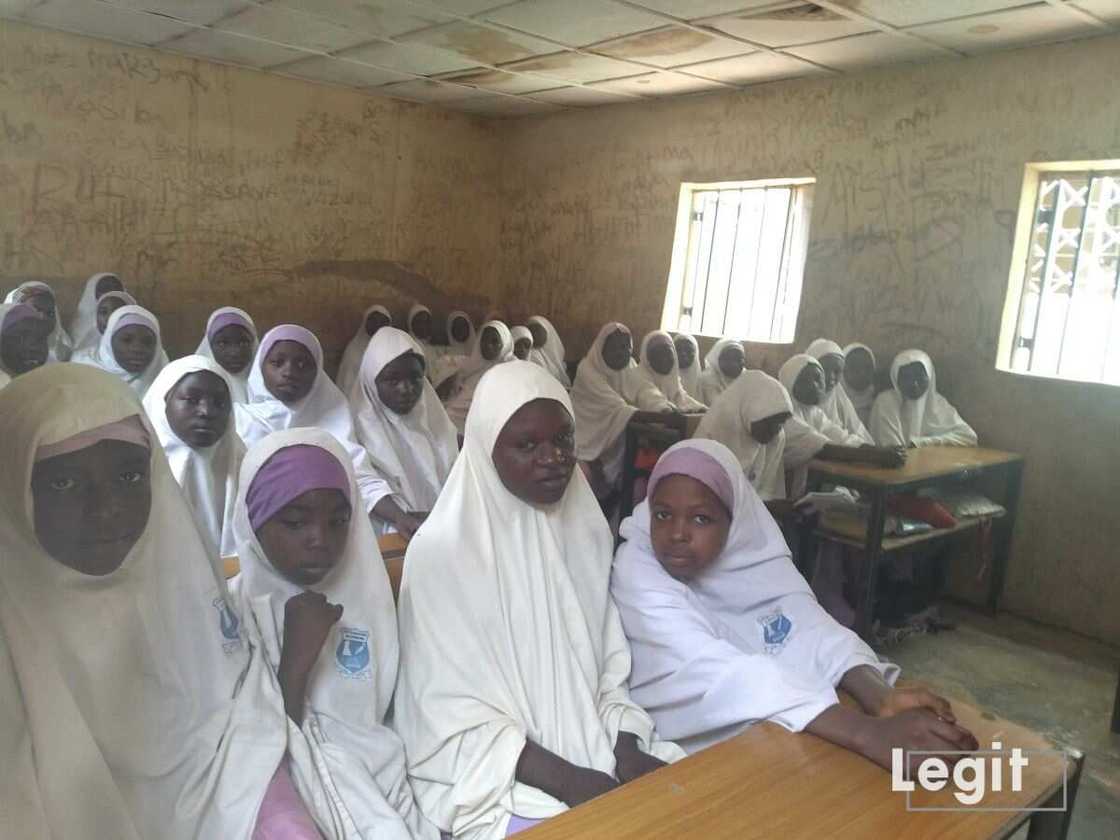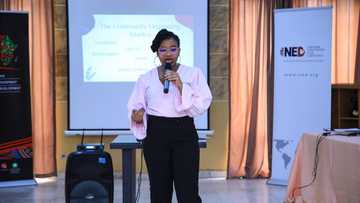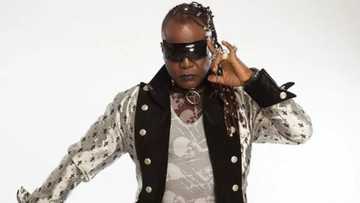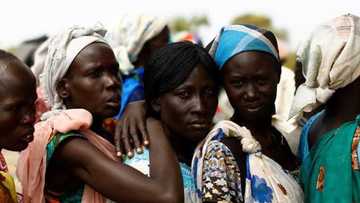Over 10 Million Nigerian Girls Not in School, UNICEF Warns, Adopts New Initiatives
- Currently, there are about 18.5 million out-of-school children in Nigeria, the United Nations Children's Fund has said
- The international agency said the figure is a sharp increase compared with the number of out-of-school children in the country in 2021
- According to UNICEF, 60 per cent of the population of children - which amounts to 1,100,000 children - are girls
With Nigeria topping the list with about 18.5 million out-school-children, the United Nations Children's Fund has said that 60 per cent of this population are girls.
Speaking at a media dialogue on girls' education the chief of field office, UNICEF field office in Kano, Mohammed Farah said education is a fundamental human right which every child should enjoy, especially the girl child.

Source: Original
Speaking on some of the interventions adopted by the international organisation to improve the girl child enrollment and retention in school as well as their possibility of completing their basic education, Farah said through the Girls Education Project 3 (GEP3) over 1.4 million girls have returned to classes.
The GEP3 initiative is a project funded by the Foreign, Commonwealth and Development Office (FCDO) of the UK and implemented by UNICEF in collaboration with the Nigerian government.
PAY ATTENTION: Join Legit.ng Telegram channel! Never miss important updates!
Farah said that as the United Nations' agency for children, UNICEF collaborates with the government, partners and Civil Society Organizations (CSOs) to help children survive, thrive and attain their full potential.
The UNICEF Kano chief girls’ education is particularly important because as is oft-stated, when you educate a girl, you educate a nation!
He however, said that in Nigeria, girls unfortunately bear a sizeable burden of the challenges that confront the education sector and the statistics speak for themselves.
His words:
"Most importantly you will need to know that the majority of these out of school children are actually from northern Nigeria.
"This situation heightens the gender inequity, where only one in four girls from poor, rural families complete Junior Secondary school education."
While the education crisis in Nigeria is affecting children across the country, Farah siad that some children are more likely to be affected than others, especially girls.
The situation with girls’ education in Nigeria has been further affected by attacks on schools and the attacks have created an insecure learning environment, and discouraged parents and caregivers from sending their children to school, while at the same time the students themselves become fearful of going to school.
Most of these attacks have particularly and specifically targeted Girls.
Farah siad:
"UNICEF, with funding support from development partners, is collaborating with the government to build the capacity of school-based management Committees (SBMCs) and Community-based Management Committees (CBMCs) on school safety and security, and to make communities more resilient.
"In Kano State, for example, through the Girls’ Education Project 3 (GEP3) funded by the Foreign, Commonwealth and Development Office (FCDO) of the UK, 300 SBMC members have been trained, while schools supported through the Girls’ Education Project 3 have developed School Emergency Preparedness and Response Plans to mitigate the impact of potential and actual threats on schools.
"Multi-sectoral task teams on school safety have also been established across all the 34 LGAs of Katsina state to provide quick networking among actors on school security, with additional focus on the safety of the girl child."
From data available, an additional 60 Junior Secondary Schools have developed emergency plans and tested the plans in evacuation drills.
The interventions are encouraging girls in the country to attend school, however, a lot still needs to be done to ensure that every girl in Nigeria is enrolled, attends school and completes her education.
He said:
"To achieve this objective, we need the support of every ally and stakeholder, especially the media.
"With more similar support, and working together with government and development partners, parents, communities, and traditional and religious leaders, we can achieve more by enrolling more girls in schools and ensuring they complete their full education."
Teachers who can't write their names end up spreading ignorance to school children, Adams Oshiomhole warns
Nigerians across the country had been urged to prevail on their governors to prioritise education in their states.
This advice was given to Nigerians by a former governor of Edo state, Adams Oshiomhole during an event in Abuja on Wednesday, March 30.
According to the former governor, there is a need to train, educate and skill up Nigerian youths for possible development.
How 12-year-old chairman of children's committee encourages Kano kids to go to school
Tweve year old Habibu Usman who served as the chairman of a children's committee ensure kids do not drop out of school in Gwale local government of Kano state.
Habibu said his committee embarks on a house-to-house to enlighten parents and children on the need for basic education in life.
According to Habibu, the house-to-house campaign has successfully helped to increase the number of school children Gwale.
Source: Legit.ng






